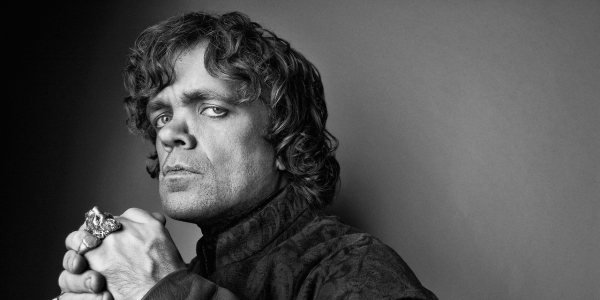Speaking from his studio in Providence, Rhode Island, drummer-vocalist Brian Chippendale lets us in on what he admires about his longstanding accomplice Brian Gibson. “His ability to not return my emails,” he laughs. “He has a serious dedication to his instrument, songs and exploring the melodic ideas within songs. A lot of people, or some people, probably think Lightning Bolt is pretty minimal. We have a different way of going about songwriting. I write parts, and if it sounds good, I tend to go onto the next thing. But he tends to really explore subtle variants within riffs. When I’m settled on something, he’ll be focussed on singular notes. He explores deep into things musically, and even in his visual work and stuff like that. He’s a deep explorer, where I’m more like ‘let’s get it out and let people hear it’.”
It’s a rapport that has been fruitful for the good part of two decades, with the duo retaining the core passion that has provided the musical drive from the outset. “We’re heading towards 20 years now, which is pretty wild. The band has been half my life, so nostalgia for eras of the band is nostalgia for eras of my life in general. Anyone in a band will be nostalgic for the beginning. When you start out, you’re kind of playing for your peers; it’s just a party for your friends. There’s something really exciting about that smallness. Then you start playing for all these other people, which is fantastic to have that opportunity. But I’ll always be nostalgic for playing those friends’ parties. The solo stuff takes me back to that intimacy.”
Looking at the recent Lightning Bolt release and touring schedule, I ask Chippendale if he and the band have become more adept at pacing themselves. “We’ve slowed down the last couple of years, just getting busy with other stuff. If anything, my ability to pace myself started getting worse. I was never good at pacing myself, then suddenly I started to get opportunities to do other things and I tried to do too many. In the last year or so, Lightning Bolt has probably suffered from the other opportunities that have come up for both of us. So I’m not learning anything about pacing myself. The band does pace itself to some extent, but that’s not because me and Brian are pacing ourselves. It’s harder when you’re older – time goes by so fast,” Chippendale states.
While Lightning Bolt has seen varying levels of activity in the past five years or so, Chippendale’s solo outlet, Black Pus, has garnered an increased prominence. “I’ve always played by myself, making recordings and stuff. Then in the mid-2000s I wanted to start releasing material. Partially because the Lightning Bolt albums were so serious, like we’d put out an album and it’s a big deal. This year was dedicated to Black Pus. I had a record come out, then it’s been a lot of Black Pus-ness all year,” he assesses.
Released earlier this year, Barbarion Boy marks the first new recorded output from the duo since 2009’s Earthly Delights (lengthy 2012 EP Oblivion Hunter compiled material recorded in 2008). The track came about after the group was approached by Adult Swim for their singles series. “They came to us looking for a track, and it was good because it got me and Brian working together. We had taken a break just to do our own stuff. So there was this weird newness to it, because we brought in what we were thinking from other places, versus creating from the spirit of jamming a lot. But when we went into the studio for 40 minutes, we came up with around five ideas, and honed in on the one that worked best. It’s different in that it’s one of the few tracks we’ve recorded in a studio – most tracks are recorded in a practice space, and the track is more designed for live shows. With this track we were thinking of what would sound good in the studio. It’s a little bit of a different thing.”
After all these years, the live experience of a Lightning Bolt show is still quite like no other. “It feels great most of the time. There are good shows and bad shows. But a couple of days into a tour, when we’re up to speed, it just feels so good. Even if I’m hurt – there was a tour where I popped a few ribs out of place – we had to cancel a show, but a couple of days later we played a show and the pain just went away. Which I really take as a metaphor for a lot of things. When you’re in the mode of playing a good show, everything just seems to go away. It’s a really pure moment. That’s what effects people for a lot of musical things. It’s a thing that’s happening in the moment, then it’s gone in the moment. If you get involved with it, it’s a magical thing. I just try to get lost in it.”
BY LACHLAN KANONIUK







